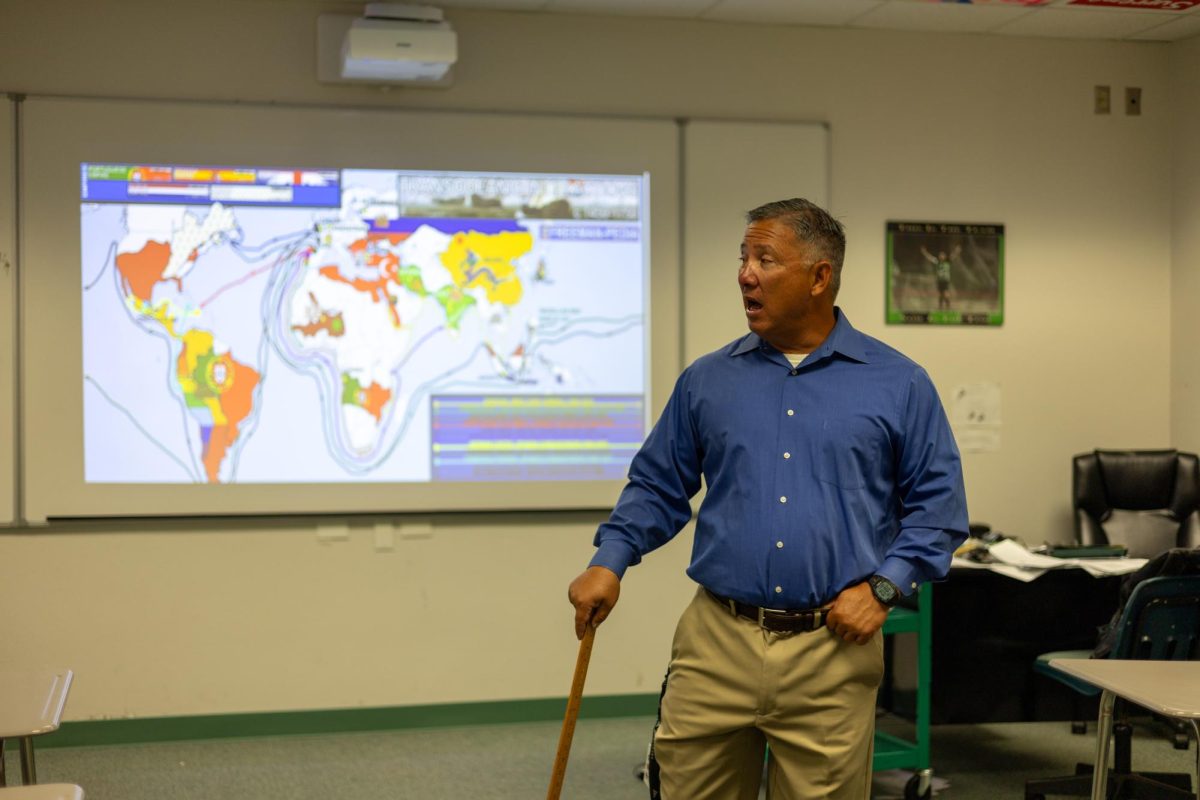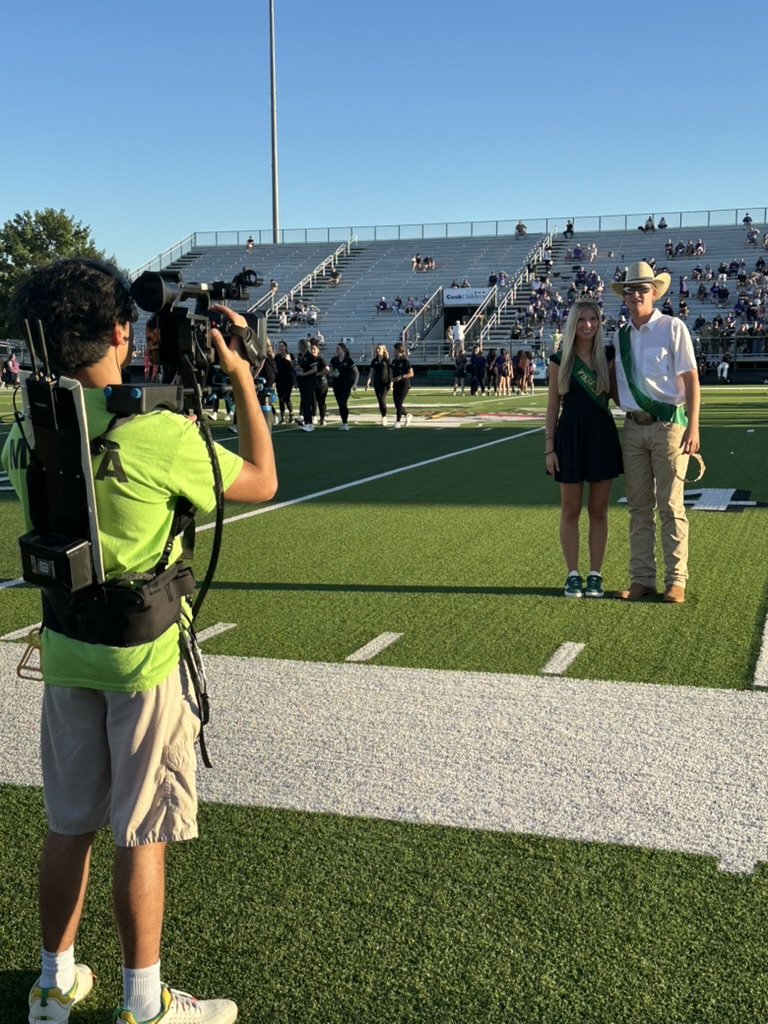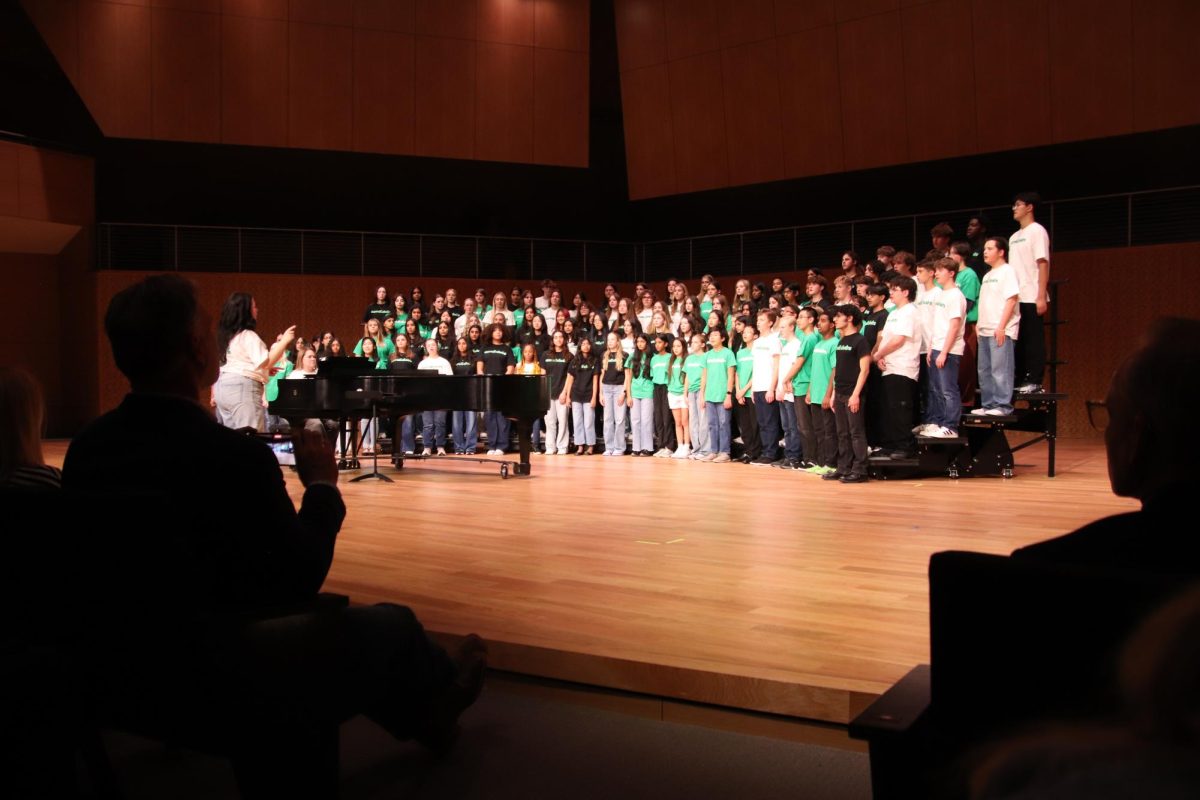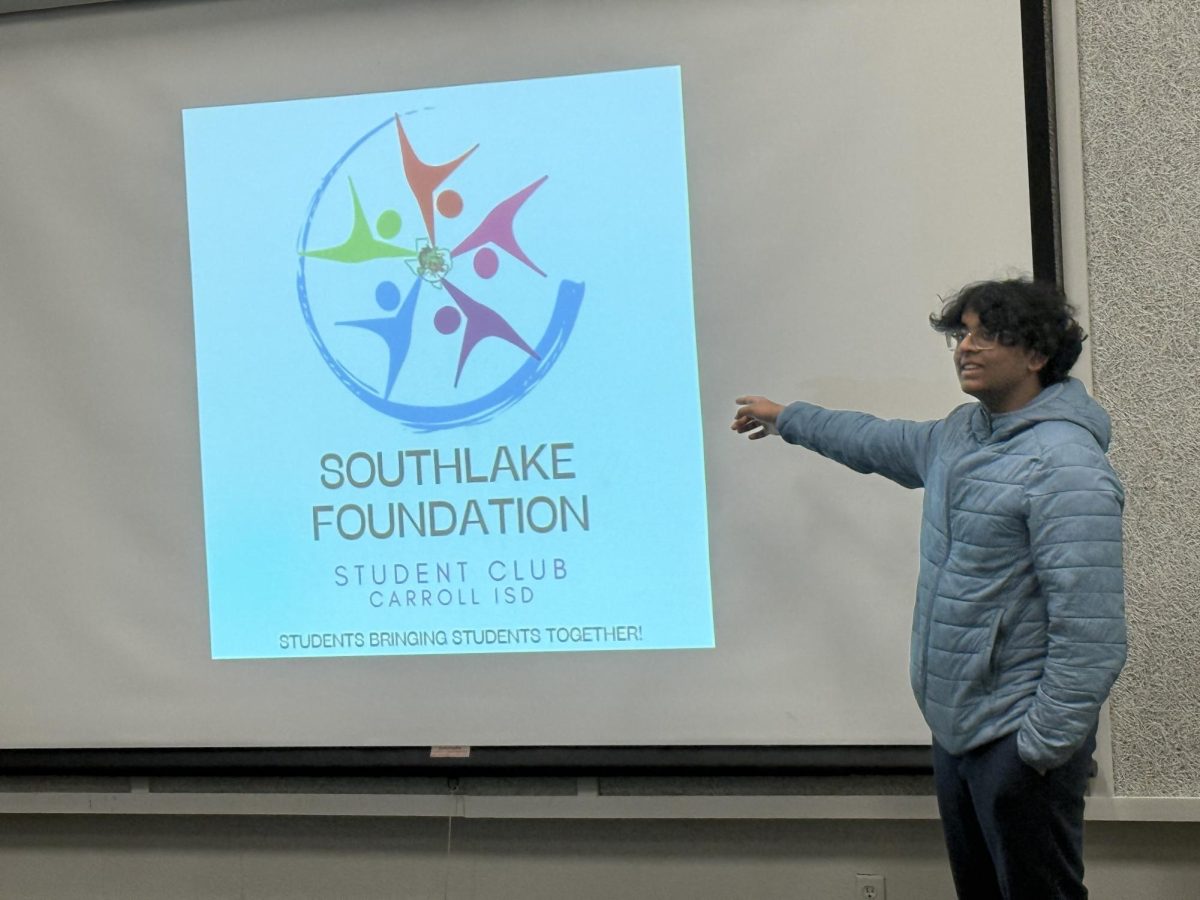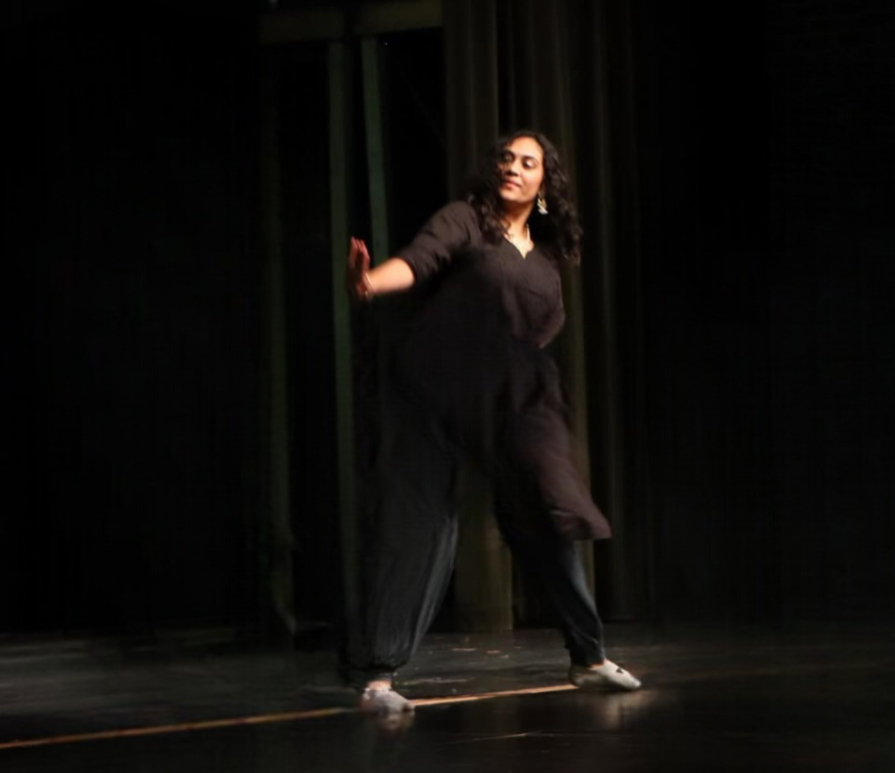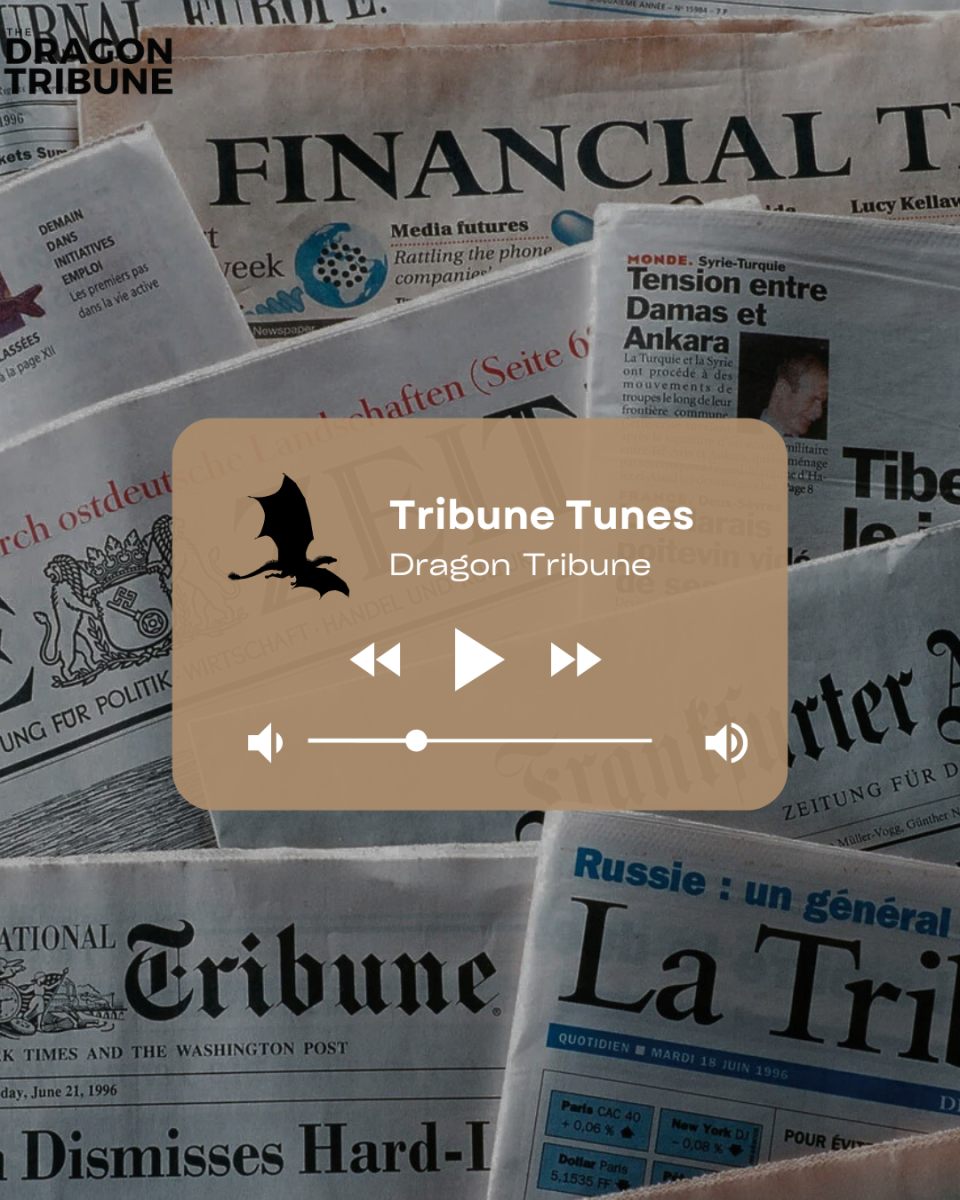Coach Paul Lee, the AP World History teacher, tosses a bag of chips in the middle of the room and quickly drops to the ground.
“You must be patient childrens. Do not make any sudden movements.”
He sneaks around the bag, making sure to remain quiet. Then, without warning, he pounces, grabs the bag in his teeth, and begins shaking his head violently.
“And that, childrens, is how you hunt and gather.”
Alongside teaching skills to dissect historical events, Lee has developed a teaching tactic aimed at making an impact. He discusses topics with the class, using simple analogies like “don’t be a peasant,” or “trade creates wealth,” which are repeated several times a class. These snappy slogans are helpful when making connections throughout the unit, especially when preparing students for the AP test at the end of the year.
“I like engaging in a higher order of thinking and deeper questioning, which isn’t always possible in advanced classes,” Lee said. “The AP test gives a very defined goal, and I think that shapes people’s purpose more sharply.”
Lee explains that many students have a hard time with social studies classes, specifically AP World, because there are always many answers that can be argued to be correct.
“At the end of the day, it’s their practice and work they’ve put in that will determine how well they do,” Lee said. “You’ve got to be prepared to do a lot of outside work, that’s not always structured if you want to succeed.”
According to the exam description, “You’ll learn about the rise and fall of empires, the evolution of technology, and the cultural and social changes that have shaped our world. The course isn’t just about memorizing dates and battles—it’s about exploring civilizations and cultures from a global perspective to understand better the complex relationships that exist today.”
“World tests are no joke,” sophomore Lily Davis, one of Lee’s students, said. “Sometimes you get a passage that makes absolutely no sense.”
These tests are designed to be difficult. They require you to look at the bigger picture when considering your options.
“It’s tricky trying to figure out the author’s perspective or the historical context when you’re just looking at a short excerpt. Sometimes it feels like guessing,” Davis said.
For sophomore year, students can choose between AP World History and AP European History. While Euro, as students call it, is a more detail-oriented class, AP World is a broader concept class, containing global historical events and analyzing patterns.
“The class is definitely not easy, but Mr. Lee is a good teacher,” sophomore Allison Boswell said. “He explains things well and relates history to his own life which makes it easier to visualize. This is a challenging course because the tests are nothing like the class. You have to develop good study habits and be self-motivated to succeed.”
